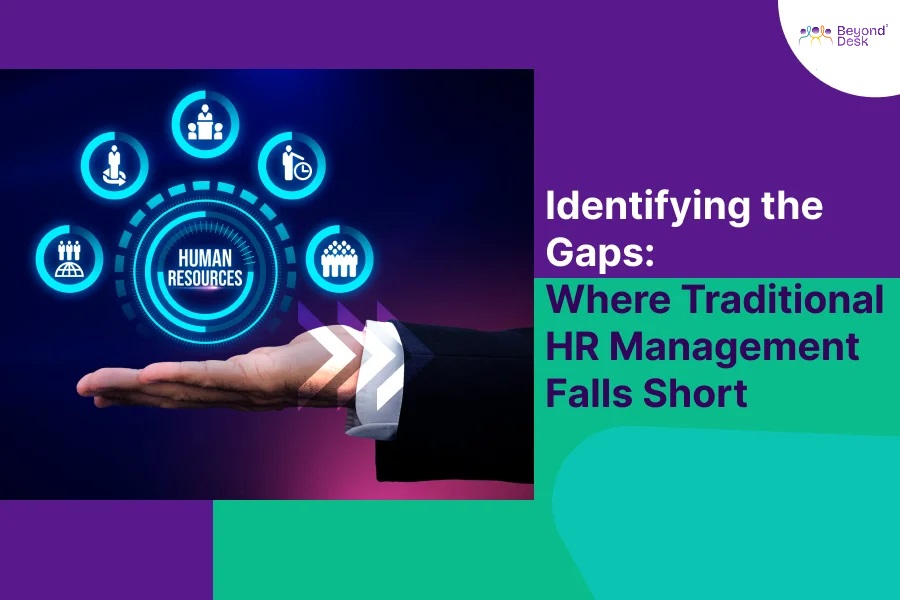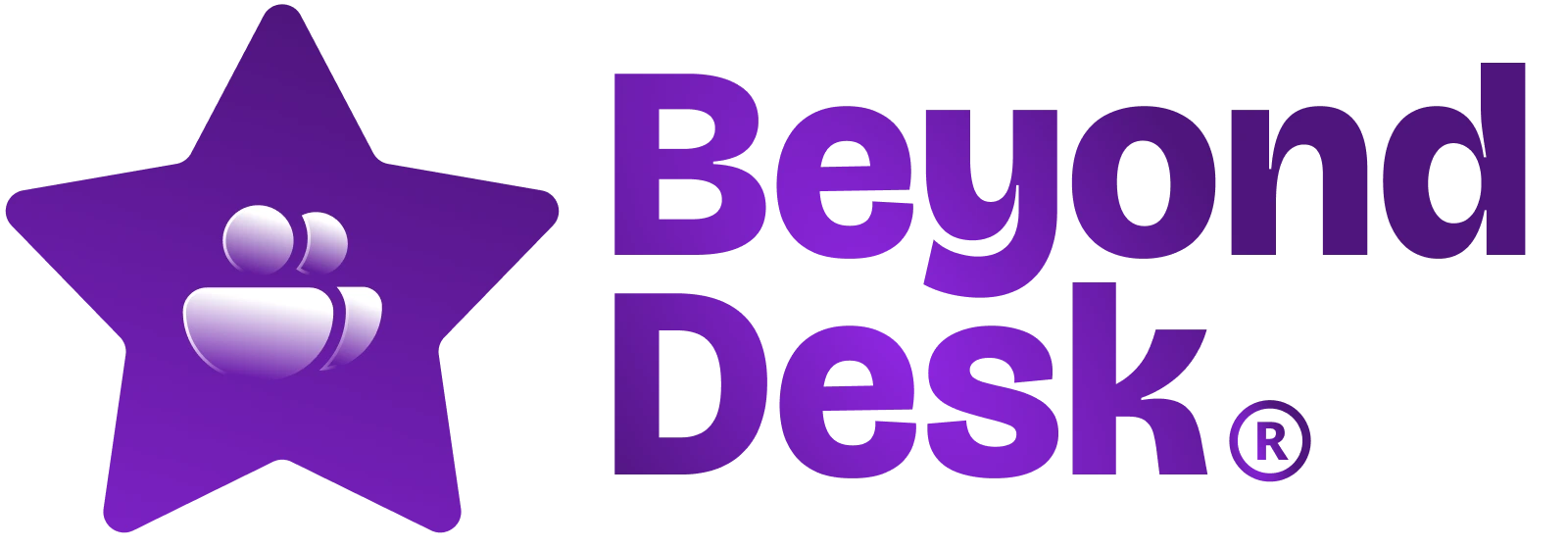Traditional Human Resources (HR) management systems are increasingly recognized for their limitations. These systems, often robust in handling administrative tasks such as payroll, benefits administration, and attendance tracking, fall short when it comes to the more nuanced and critical aspects of employee engagement, satisfaction, and overall company culture.
This gap between traditional HR functionalities and the demands of today’s workforce represents a significant challenge for organizations aiming to retain top talent and foster a positive, productive work environment.
The Essence of Modern HR Challenges
The essence of modern HR challenges lies in the dynamic and diverse nature of today’s workforce. Employees now seek more than just a paycheck from their jobs; they crave meaningful work, opportunities for growth, a sense of belonging, and recognition of their contributions.
Traditional HR systems, with their focus on transactional processes, are ill-equipped to address these desires, which are central to employee motivation and retention.
Lack of Personalization
One of the primary shortcomings of traditional HR management is its one-size-fits-all approach. Modern employees hail from diverse backgrounds and have varied personal and professional aspirations. Traditional HR practices often fail to recognize and accommodate this diversity, offering generic solutions that do not meet individual needs or foster personal growth.
Insufficient Engagement and Feedback Mechanisms
Engagement and continuous feedback are pivotal in modern HR management. Traditional systems typically rely on annual reviews, which are inadequate for providing timely feedback and recognizing employees’ efforts and achievements. This lack of ongoing engagement can lead to decreased motivation and a sense of being undervalued, contributing to higher turnover rates.
Inadequate Support for Remote and Flexible Work
The shift towards remote and flexible work arrangements has accelerated, yet traditional HR systems have struggled to adapt. These systems often lack the tools and policies needed to effectively support remote employees, leading to feelings of isolation and disconnection from the company culture.
Overlooking Employee Well-being and Mental Health
Employee well-being and mental health are increasingly recognized as critical components of workplace productivity and satisfaction. Traditional HR management systems often do not include mechanisms to support these aspects, overlooking the importance of a holistic approach to employee health.
Failing to Foster a Culture of Learning and Development
The rapid pace of technological and business innovation requires employees to continually acquire new skills. Traditional HR practices often lack a proactive approach to learning and development, missing opportunities to empower employees through upskilling and reskilling initiatives.
Bridging the Gap: Towards a More Holistic HR Approach
To address these shortcomings, organizations must adopt a more holistic approach to HR management, one that goes beyond administrative tasks to directly engage with the human element of the workforce.
Organizations need to implement more personalized HR strategies that recognize the unique needs and aspirations of each employee. This can include customized career development plans, flexible work arrangements, and benefits tailored to individual preferences.
Enhancing Engagement Through Continuous Feedback
Replacing or supplementing annual reviews with continuous feedback mechanisms can significantly enhance employee engagement. Tools and platforms that facilitate regular check-ins and real-time feedback help employees feel valued and supported, boosting morale and productivity.
Supporting Remote Work
To effectively support remote and flexible work arrangements, companies must invest in technology and create policies that promote connectivity and inclusion. This includes providing the necessary tools for remote collaboration and ensuring that remote employees have equal access to opportunities and resources.
Prioritizing Well-being and Mental Health
Integrating support for employee well-being and mental health into HR policies is essential. This can involve providing access to wellness programs, mental health resources, and fostering a workplace culture that encourages open discussions about well-being.
Promoting Continuous Learning and Development
Creating a culture of continuous learning and development is crucial for both employee satisfaction and organizational agility. This includes offering regular training, access to online learning platforms, and opportunities for career advancement within the organization.
Final Words
The gaps in traditional HR management highlight a pressing need for organizations to evolve and adopt more holistic, employee-centered approaches. By addressing the limitations of traditional systems, companies can create a more engaging, supportive, and fulfilling work environment.
This not only enhances employee satisfaction and retention but also positions the organization for success in an increasingly competitive and dynamic business landscape. In the end, the goal of modern HR should be to foster a workplace where every employee feels valued, supported, and motivated to contribute to their fullest potential.

